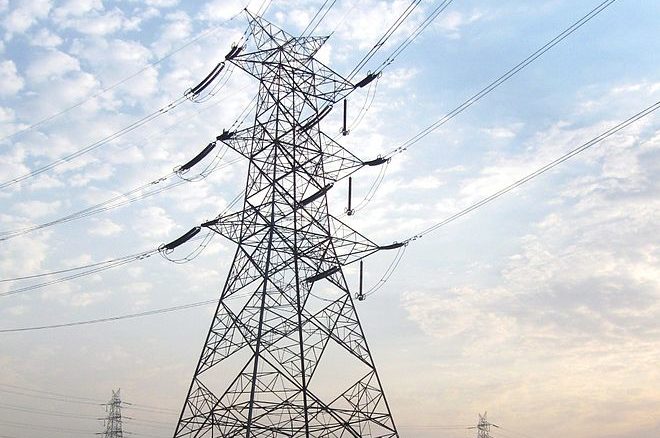New Delhi-based IoT startup Probus Smart Things has raised seed funding from Mumbai-based venture capital firm Unicorn India to scale up its smart grid platform and enter new geographies.
Made through its Rs 400-crore Fund II, this is Unicorn’s fourth investment in the IoT startup.
Probus’ IoT-based grid analytics and automation solution gives electricity distribution utilities real-time visibility of asset performance, outages, root cause analysis, predictive and preventive maintenance through sensor data, scheduling, and tracking of on-field personnel.
Speaking about their solution, Anand Singh, Co-founder CEO, Probus Smart Things, said, “India is a power surplus country, but the distortions in the power sector have costed the Indian economy $86 billion in 2016 alone. Current technologies like SCADA are expensive and not scalable in terms of Indian electricity distribution grid’s size and complexity.
“Using our IoT enabled wireless, modular hardware and data analytics platform, we cut through these issues and enable electric utilities to make last-mile connectivity reliable.”
Anil Joshi, managing partner, Unicorn India Ventures, said, “The electricity distribution infrastructure is ripe with opportunities for innovation and the ability to embrace the elements of smart grid infrastructure. Probus enables electricity distribution companies to rapidly digitize their infrastructure and processes by bringing cost reduction and operational efficiency. This service isn’t just pertinent in India but will fare well in the rest of the South East Asian market and Europe as well.”
This content is protected by copyright and may not be reused. If you want to cooperate with us and would like to reuse some of our content, please contact: editors@pv-magazine.com.









1 comment
By submitting this form you agree to pv magazine using your data for the purposes of publishing your comment.
Your personal data will only be disclosed or otherwise transmitted to third parties for the purposes of spam filtering or if this is necessary for technical maintenance of the website. Any other transfer to third parties will not take place unless this is justified on the basis of applicable data protection regulations or if pv magazine is legally obliged to do so.
You may revoke this consent at any time with effect for the future, in which case your personal data will be deleted immediately. Otherwise, your data will be deleted if pv magazine has processed your request or the purpose of data storage is fulfilled.
Further information on data privacy can be found in our Data Protection Policy.